#it's a wonderful life
Text
Pop culture reduces It's a Wonderful Life to that last half hour, and thinks the whole thing is about this guy traveling to an alternate universe where he doesn't exist and a little girl saying, "Every time a bell rings, an angel gets its wings." A hokey, sugary fantasy. A light and fluffy story fit for Hallmark movies.
But this reading completely glosses over the fact that George Bailey is actively suicidal. He's not just standing there moping about, "My friends don't like me," like some characters do in shows that try to adapt this conceit to other settings. George's life has been destroyed. He's bankrupt and facing prison. The lifetime of struggle we've been watching for the last two hours has accomplished nothing but this crushing defeat, and he honestly believes that the best thing he can do is kill himself because he's worth more dead than alive. He would have thrown himself from a bridge had an actual angel from heaven not intervened at the last possible moment.
That's dark. The banker villain that pop culture reduces to a cartoon purposely drove a man to the brink of suicide, which only a miracle pulled him back from. And then George Bailey goes even deeper into despair. He not only believes that his future's not worth living, but that his past wasn't worth living. He thinks that every suffering he endured, every piece of good that he tried to do was not only pointless, but actively harmful, and he and the world would be better off if he had never existed at all.
This is the context that leads to the famed alternate universe of a million pastiches, and it's absolutely vital to understanding the world that George finds. It's there to specifically show him that his despondent views about his effect on the universe are wrong. His bum ear kept him from serving his country in the war--but the act that gave him that injury was what allowed his brother to grow up to become a war hero. His fight against Potter's domination of the town felt like useless tiny battles in a war that could never be won--but it turns out that even the act of fighting was enough to save the town from falling into hopeless slavery. He thought that if it weren't for him, his wife would have married Sam Wainwright and had a life of ease and luxury as a millionaire's wife, instead of suffering a painful life of penny-pinching with him. Finding out that she'd have been a spinster isn't, "Ha ha, she'd have been pathetic without you." It's showing him that she never loved Wainwright enough to marry him, and that George's existence didn't stop her from having a happier life, but saved her from having a sadder one. Everywhere he turns, he finds out that his existence wasn't a mistake, that his struggles and sufferings did accomplish something, that his painful existence wasn't a tragedy but a gift to the people around him.
Only when he realizes this does he get to come back home in wild joy over the gift of his existence. The scenes of hope and joy and love only exist because of the two hours of struggle and despair that came before. Even Zuzu's saccharine line about bells and angel wings exists, not as a sugary proverb, but as a climax to Clarence's story--showing that even George's despair had good effect, and that his newfound thankfulness for life causes not only earthly, but heavenly joy.
If this movie has light and hope, it's not because it exists in some fantasy world where everything is sunshine and rainbows, but because it fights tooth and nail to scrape every bit of hope it can from our all too dark and painful world. The light here exists, not because it ignores the dark, but because the dark makes light more precious and meaningful. The light exists in defiance of the dark, the hope in defiance of despair, and there is nothing saccharine about that. It's just about as realistic as it gets.
#it's a wonderful life#i know i've probably reached my quota of long posts about this movie#but i kept thinking about it and wanted to organize my thoughts into something a bit more refined#even though i'm mostly just restating what i said yesterday
35K notes
·
View notes
Text

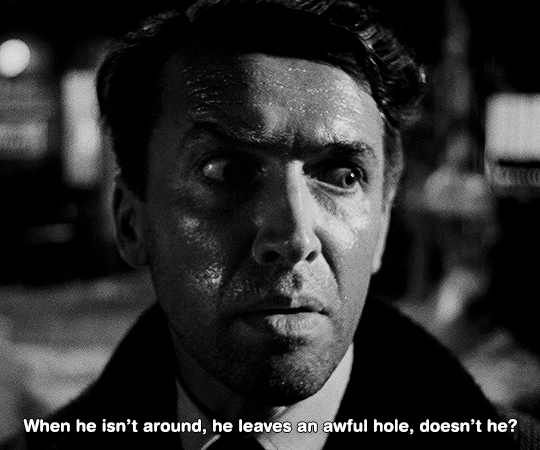
It's a Wonderful Life (1946) dir. Frank Capra
#It's a Wonderful Life#filmedit#filmgifs#tuserdana#usersugar#userfilm#cinematicsource#userbbelcher#moviegifs#classicfilmsource#fyeahmovies#classicfilmblr#classicfilmedit#old hollywood#cinemapix#mygifs#<3#idk if this is showing in tags now but hopefully#i know the crops r off but the scenes are different n i wanted to make it as even as possible#blame my ocd
3K notes
·
View notes
Text
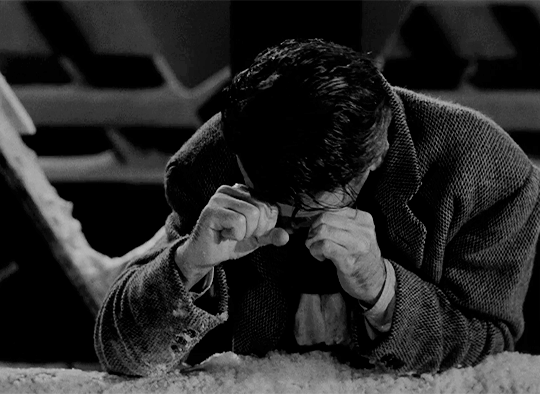

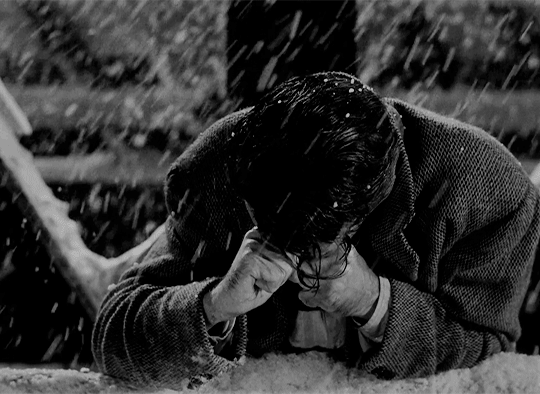
Please, God, let me live again.
IT'S A WONDERFUL LIFE (1946) dir. Frank Capra
#It's A Wonderful Life#It's A Wonderful Life 1946#James Stewart#Jimmy Stewart#George Bailey#it'sawonderfullifeedit#filmedit#movieedit#filmgifs#moviegifs#oldhollywoodedit#classiccinemaedit#classicfilmblr#ritahayworrth#classicfilmsource#Old Hollywood#Classic Cinema#1940s#pureanonedits#This is a great movie for many reasons.#But not the least of them is Jimmy Stewart looking incredibly attractive while extremely emotionally distraught.
2K notes
·
View notes
Text


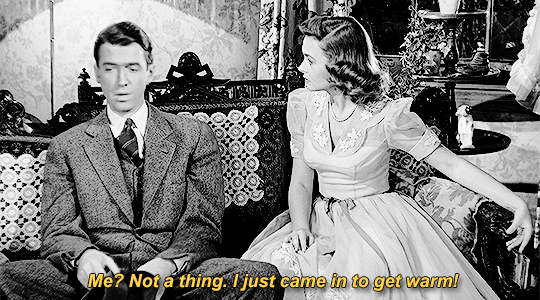
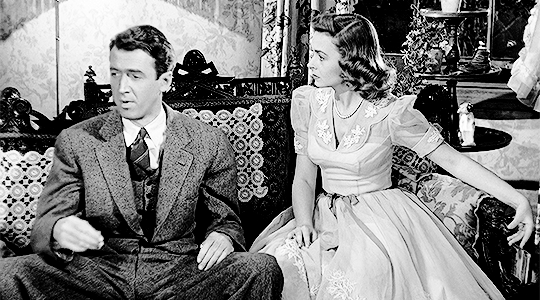
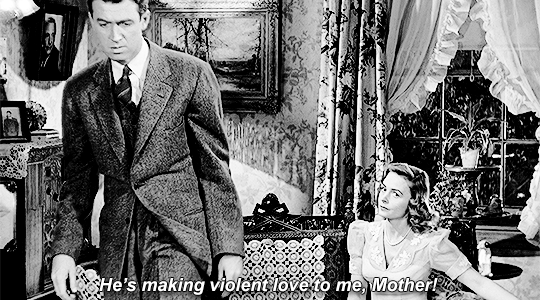
IT'S A WONDERFUL LIFE (1946)
#it's a wonderful life#filmedit#filmgifs#moviegifs#classicfilmsource#iawledit#gifs*#i love them so much sjskjsksjs
3K notes
·
View notes
Text





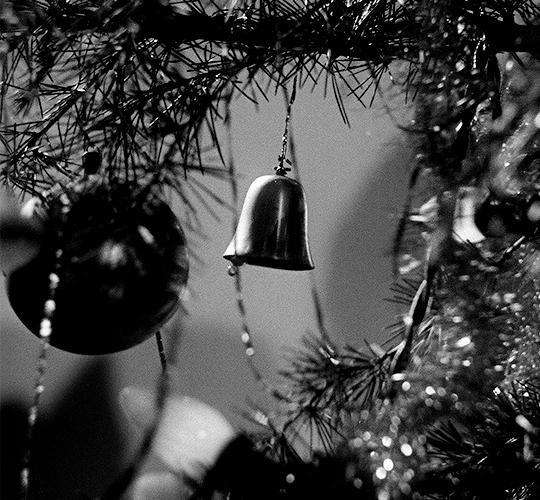
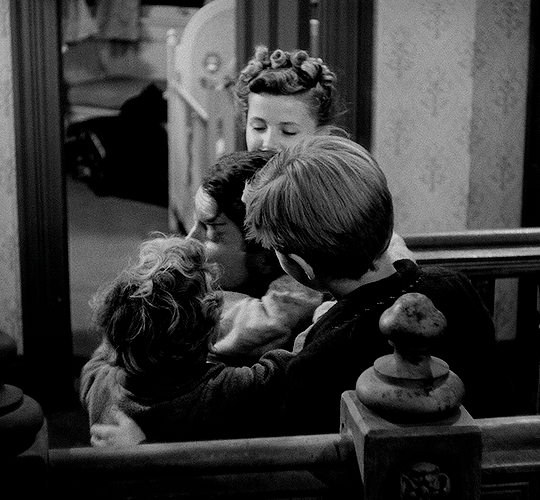
🎄 25 DAYS OF CHRISTMAS → DAY TWENTY-ONE 🎄
IT'S WONDERFUL LIFE (1946), dir. Frank Capra
"Strange, isn't it? Each man's life touches so many other lives. When he isn't around he leaves an awful hole, doesn't he?"
#25 days of christmas#christmas#it's a wonderful life#usermichi#userconstance#usersameera#usersugar#tusermariah#userlera#movieedit#moviegifs#filmedit#userfilm#dailyflicks#classicfilmblr#fyeahmovies#25daysofchristmas
1K notes
·
View notes
Text
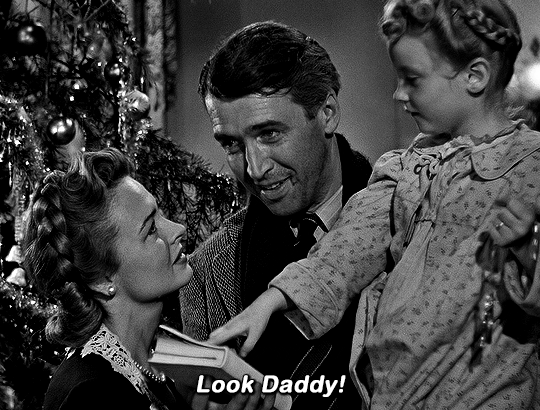
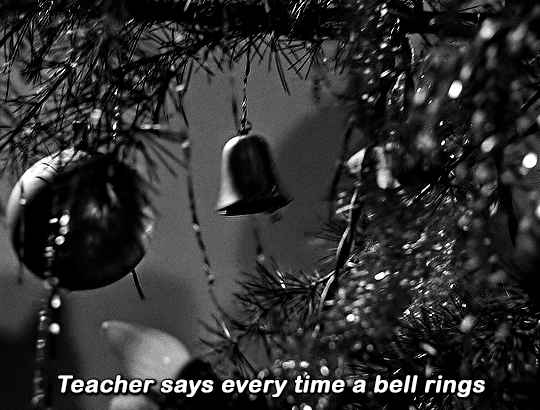
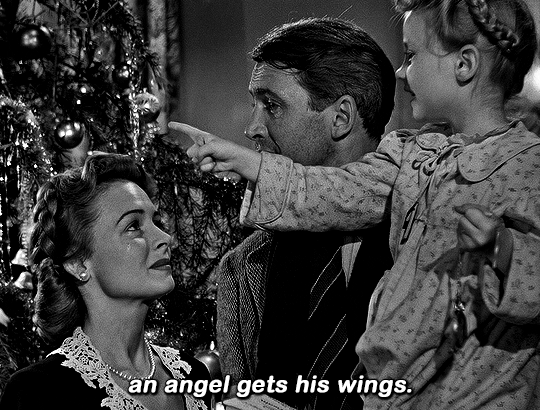
IT'S A WONDERFUL LIFE
1946 — dir. Frank Capra
#it's a wonderful life#drama#fantasy#1940s#gif#mandie#classicfilmsource#holidaysource#classicfilmblr#uservintage#moviegifs#cinemapix#chewieblog#userbbelcher#usersavana#userpavlova#usersugar#userrobin#useradie#tuserdana
2K notes
·
View notes
Text

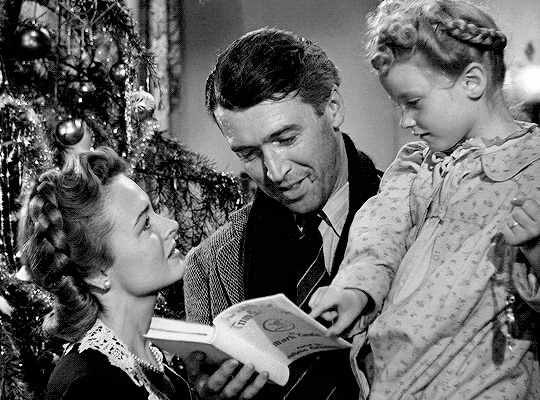
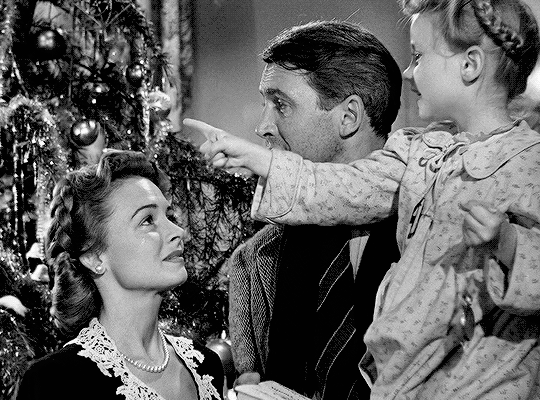

IT'S A WONDERFUL LIFE (1946) dir. Frank Capra
736 notes
·
View notes
Photo
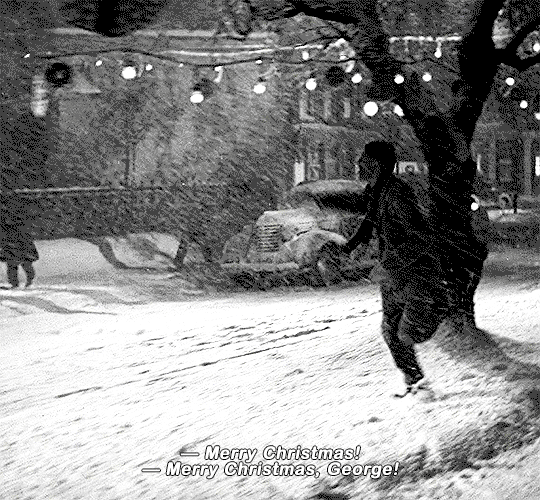

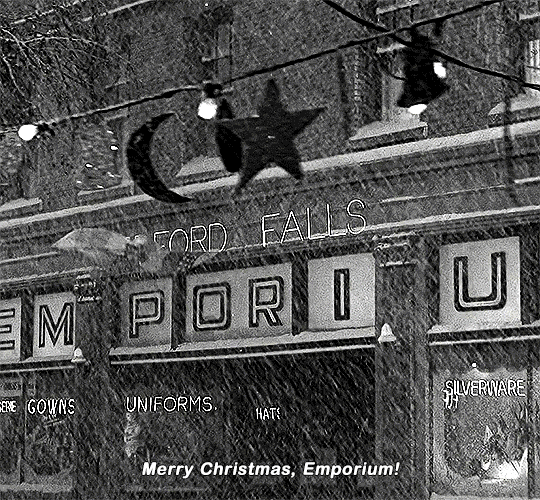
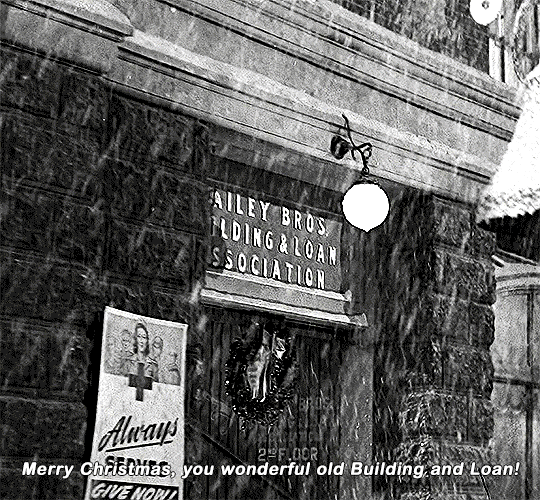
It’s a Wonderful Life
1946 | dir. Frank Capra
#*#it's a wonderful life#filmedit#filmgifs#moviegifs#chewieblog#userlenie#usersavana#classicfilmsource#userrobin#tusercamille#usersugar#tuserfla#userjonah#uservita#userpavlova#tuserdana#4k
4K notes
·
View notes
Photo
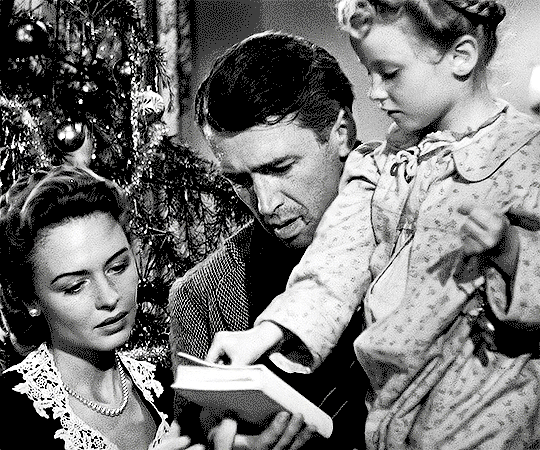
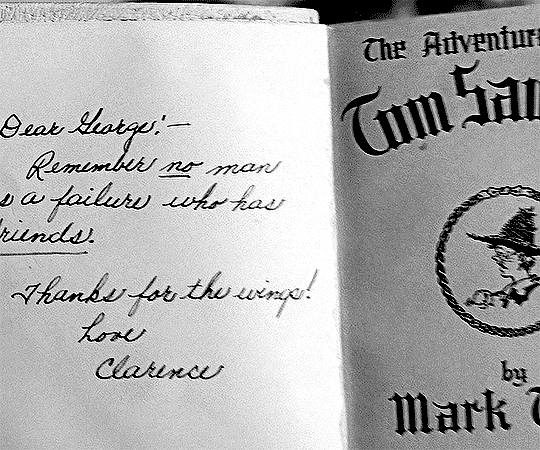


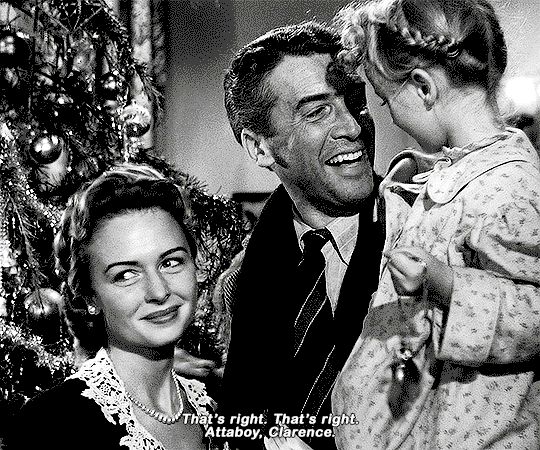
It’s a Wonderful Life
1946 | dir. Frank Capra
#*#by charlie#it's a wonderful life#drama#fantasy#1940s#filmedit#filmgifs#moviegifs#classicfilmsource#chewieblog#holidaysource#userlenie#usersavana#userjonah#userpavlova#tusercamille#usersugar#userrobin#tuserfla
2K notes
·
View notes
Photo

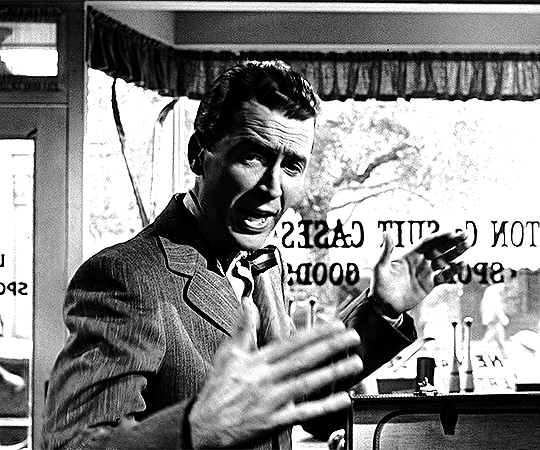
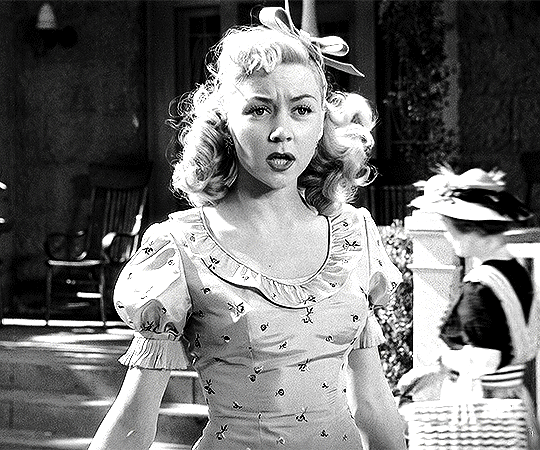
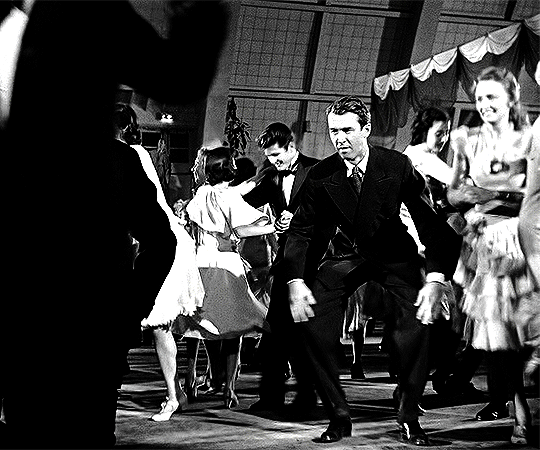
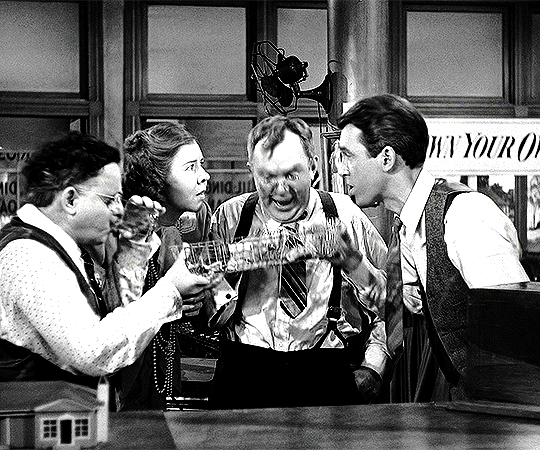
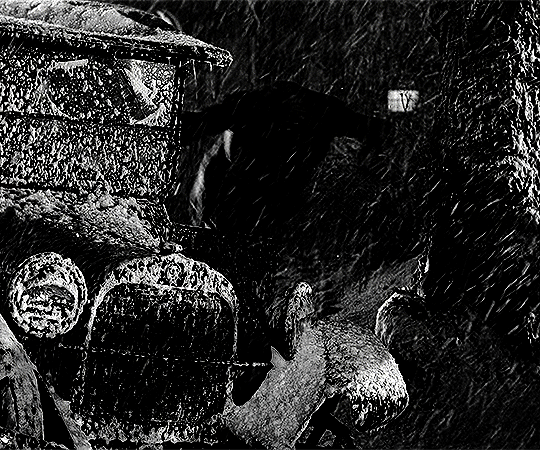
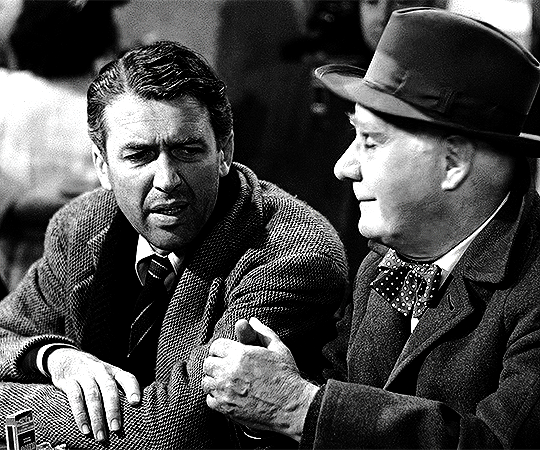



It's a Wonderful Life (1946) dir. Frank Capra
#filmedit#classicfilmsource#useryusi#dailyflicks#cinemapix#oldhollywoodedit#motionpicturesource#filmtvcentral#filmtvdaily#filmtvsource#userbbelcher#filmgifs#tvfilmsource#userthing#userbuffys#classicfilmblr#cinematv#vintageblr#it's a wonderful life#my edits
918 notes
·
View notes
Text
It has probably been said before, but in It's a Wonderful Life, part of George's regret is a sense of guilt about what Mary could have had had she not married him; that she is in it because she loves him so much, and so she endures the life they have. And yet when we get to the reality where George never existed, Mary is a librarian. There's this contrast between the casinos and the cabarets and such (all exploitative and fraudulent ways of preying on desperate poor people) that populate Pottersville, and Mary, in this timeline, choosing the one job that remains a community oriented, free, helpful service. She married George because she loved him, yes, but also because his convictions about doing good for his community were also hers all along, and would have been even if he had not existed. She doesn't endure the life they have out of sheer abnegation, but embraces it out of conviction.
#It's a wonderful life#they are made for each other your honor#mary bailey you queen#even if the movie doesn't linger on it#I believe it is also an element of encouragement and relief for George#it's not that his existence is irrelevant to Mary's goodness#if he hadn't been there she would have been so alone and lonely in her work and efforts#the burden would have been so much harder on her
203 notes
·
View notes
Text

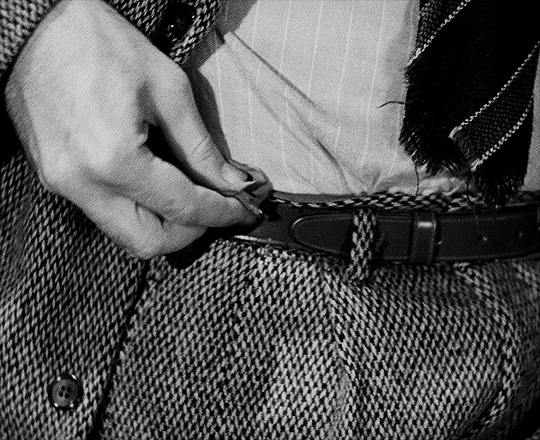


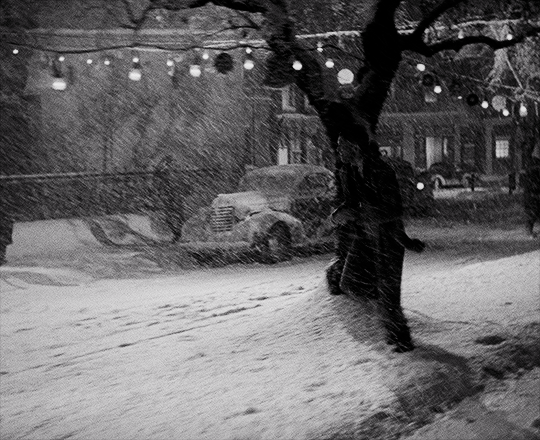
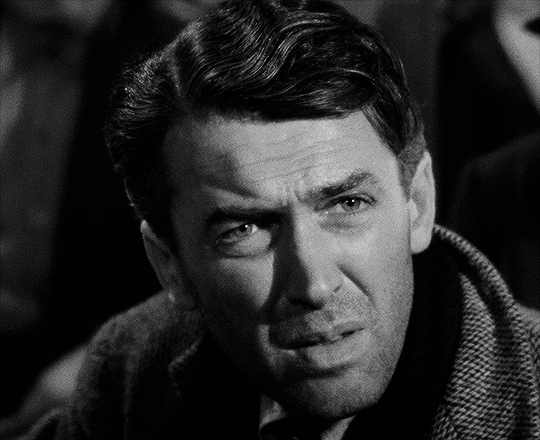
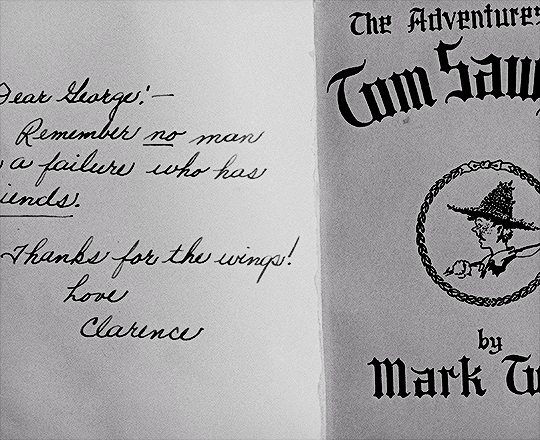
"Dear George: Remember no man is a failure who has friends."
It's a Wonderful Life (1946) dir. Frank Capra
#It's a Wonderful Life#filmedit#filmgifs#userlenie#uservienna#userelissa#oldhollywoodedit#cinematicsource#classicfilmblr#classicfilmsource#dailyflicks#classicfilmedit#moviegifs#fyeahmovies#userstream#userbbelcher#useroptional#cinemapix#old hollywood#mygifs
1K notes
·
View notes
Text
americans will be like "it's the most heartwarming christmas movie of all time" about a film where a man decides to kill himself due to imminent financial ruin. cultural zeitgeist
2K notes
·
View notes
Text
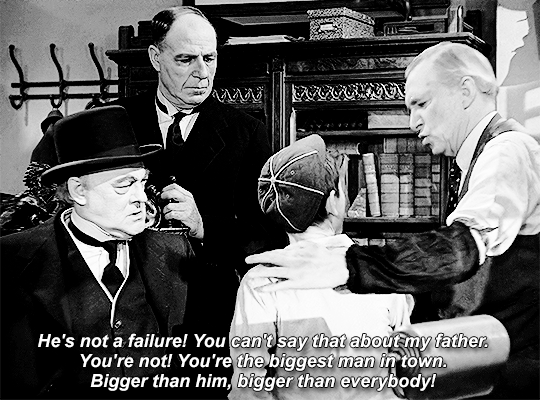
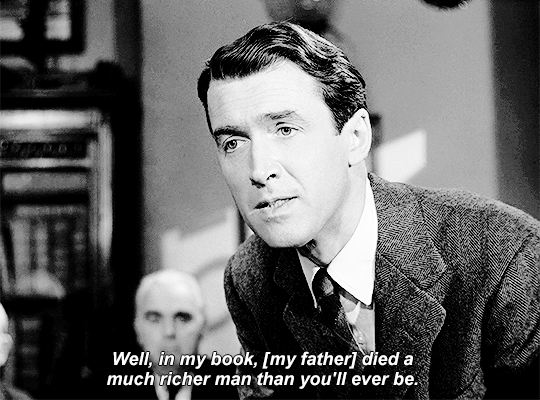
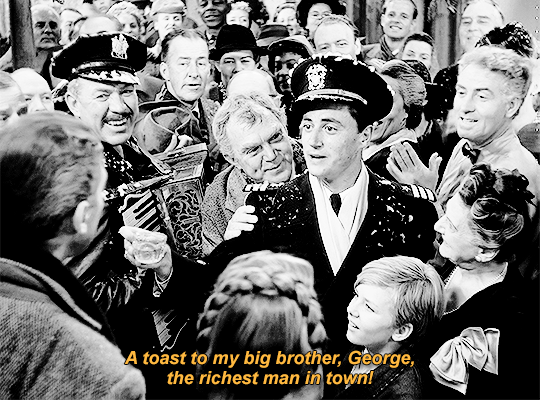

l want to do something big and something important.
You know, George, l feel that, in a small way, we're doing something important, satisfying a fundamental urge. lt's deep in the race for a man to want his own roof and walls and fireplace. And we're helping him get those things. [...]
Pop, you want a shock? l think you're a great guy.
#it's a wonderful life#filmedit#filmgifs#moviegifs#classicfilmsource#iawledit#gifs*#just something about the way that he always thought his dad was the best#for doing exactly what he himself ended up doing#but he never recognized that in himself#idk i can't put it into words but it wrecks me
1K notes
·
View notes
Text
"Trent's dressed like a sunflower" this

"Trent's dressed like a sunflower" that

BY GOD! It's George Bailey's wife on the poster of "It's a Wondeful Life" with a steel chair!!!!!
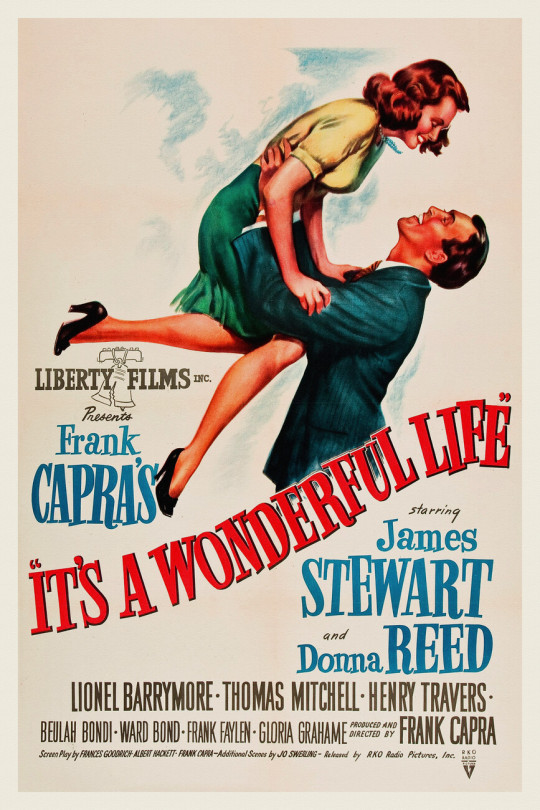
LISTEN.
Trent's dressed like that in a scene that kicks off a sequence that shows Ted's found family live their lives without him. He's dressed like that when he picks up the manuscript and reads Ted's final note, the one through which he attempts to erase himself from the narrative!

#ted lasso finale#ted lasso#tedtrent#trent crimm#ted x trent#tedependent#it's a wonderful life#george bailey#mary hatch bailey
173 notes
·
View notes
Text
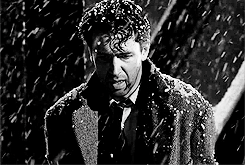
Just a minute... just a minute. Now, hold on, Mr. Potter. You're right when you say my father was no businessman. I know that. Why he ever started this cheap, penny-ante Building and Loan, I'll never know. But neither you nor anyone else can say anything against his character, because his whole life was... why, in the 25 years since he and his brother, Uncle Billy, started this thing, he never once thought of himself. Isn't that right, Uncle Billy? He didn't save enough money to send Harry away to college, let alone me. But he did help a few people get out of your slums, Mr. Potter, and what's wrong with that? Why... here, you're all businessmen here. Doesn't it make them better citizens? Doesn't it make them better customers? You... you said... what'd you say a minute ago? They had to wait and save their money before they even ought to think of a decent home. Wait? Wait for what? Until their children grow up and leave them? Until they're so old and broken down that they... Do you know how long it takes a working man to save $5,000? Just remember this, Mr. Potter, that this rabble you're talking about... they do most of the working and paying and living and dying in this community. Well, is it too much to have them work and pay and live and die in a couple of decent rooms and a bath? Anyway, my father didn't think so. People were human beings to him. But to you, a warped, frustrated old man, they're cattle. Well in my book, my father died a much richer man than you'll ever be!
George Bailey, as played by Jimmy Stewart in It's A Wonderful Life
207 notes
·
View notes